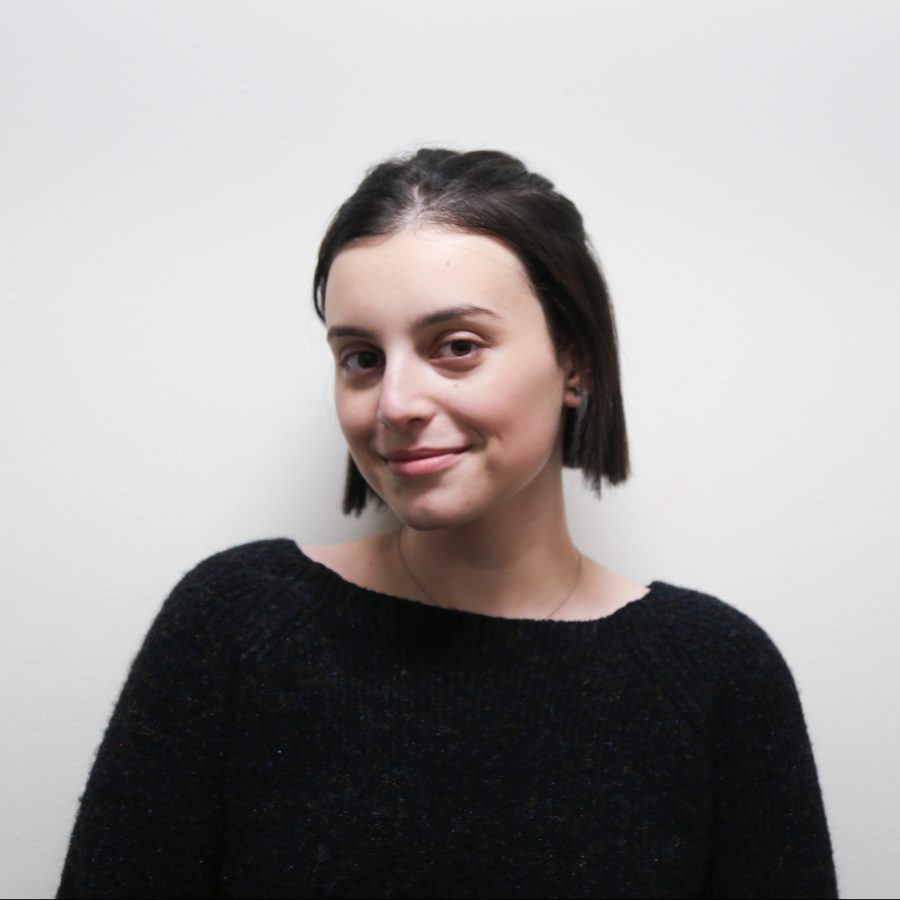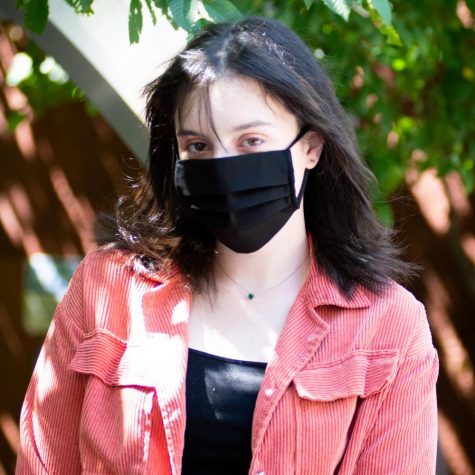NYU’s administrators aren’t the only ones who get bad press. Yesterday, I read Buzzfeed News’ profile of Lauren Duca. Aside from being a “progressive white feminist, p-ssyhat-wearing activist-journalist” who gained internet fame from a viral clip as a guest on “Tucker Carlson Tonight” and a Teen Vogue article, Duca was also the professor of a course this past summer called “The Feminist Journalist,” taught at NYU’s Arthur L. Carter Journalism Institute. Last week, her students filed a formal complaint against her to the institute’s director, Ted Conover. In addition to taking prolonged breaks from class to meditate, Duca allegedly accused students of not completing assignments and targeted an international student for her difficulties in communication, bringing her to tears on multiple occasions. “We are disappointed at the department and NYU for hiring a professor with more interest in promoting her book than teaching a group of students eager to learn,” the complaint reads.
One week ago, I read an article in The Cut about influencer Caroline Calloway, written by her former best friend and ghostwriter, Natalie Beach. The two met as NYU students in a creative writing class. Beach carefully describes Calloway at her worst, painting a portrait of a Gossip Girl-adjacent socialite who never quite made it. In contrast, Beach offers herself sympathy: “[Calloway] seemed like an adult, someone who had just gone ahead and constructed a life of independence. I, meanwhile, was a virgin with a meek ponytail, living in a railroad apartment that was sinking into the Gowanus Canal.”
Both Beach’s and Duca’s sheer ignorance highlight a prominent facet of NYU culture that isn’t mentioned on campus tours: performative activism. Both women paint themselves as victims of the patriarchy and everything it brings. But when faced with the idea that they might be complicit in systems of oppression against others, they become defensive, pinning the problem on anyone but themselves — usually individuals or abstract ideas.
When questioned about her students’ complaint, Duca became increasingly frustrated. “I really, really, really, really would ask you if you would be grilling a man in this same way,” she told the writer, Scaachi Koul. “It’s amazing. The sh-t that I have endured to continue to sustain a voice where I’m just fighting every inch for the same thing that I think that you want, which is public power and equality, and I’m trying my goddamn best, OK?” Likewise, Beach is quick to deflect culpability in her decisions — she was hallucinating when she agreed to officially become Calloway’s paid editor; she had no choice but to work for Calloway after she had paid for Beach’s plane ticket; Calloway’s voice was “persuasive to the point that when she read [what they wrote together], [Beach] couldn’t trust [her] ability to know what was great and what just sounded that way coming out of her mouth.”
Both Duca and Beach are responsible for what they’ve done, and their inability to admit guilt is indicative of a larger problem. It’s much easier to ignore privilege than to acknowledge its help in getting us to where we are. But declaring oneself an ally and an advocate while knowingly benefitting from privilege, then using that privilege to delegitimize the experiences of others isn’t just a problem, but it’s a problem all-too-familiar to NYU students.
I wasn’t surprised when I read the profile on Duca, nor was I surprised when I read Beach’s piece on Calloway. Performative activism is perhaps the most prominent characteristic of NYU campus culture. In a June Facebook post, the university itself decried the 70 countries where “consensual homosexual activity” is outlawed — one of which is the United Arab Emirates, whose government fully funds NYU Abu Dhabi. In a 2017 statement to the NYU community, President Andrew Hamilton and Vice Chancellor and Senior Vice Provost for Global Programs and University Life Linda Mills wrote that “reducing the incidence of sexual misconduct is and must remain a high priority for NYU,” but the university has knowingly allowed two individuals found guilty of sexual misconduct to remain on campus. Should it come as a surprise that Duca and Beach thrived in a university environment as hypocritical as ours?
By building a model of hypocrisy, NYU tells its students and faculty that hypocrisy is the norm. Duca’s students told Koul that they’d become increasingly disillusioned over the summer — not only with their professor, but with journalism as a whole. “It’s frustrating to see as a student, as a young woman, see how somebody can so clearly take advantage of the system and capitalize on her supposed wokeness while not practicing what she’s writing about,” a student said. When NYU refuses to meet its own standards, it shows its community that they don’t have to meet their standards either. As students, it’s our job to hold them to the standards they’ve set for themselves.
Opinions expressed on the editorial pages are not necessarily those of WSN, and our publication of opinions is not an endorsement of them.
Email Abby Hofstetter at [email protected].
























































































































































